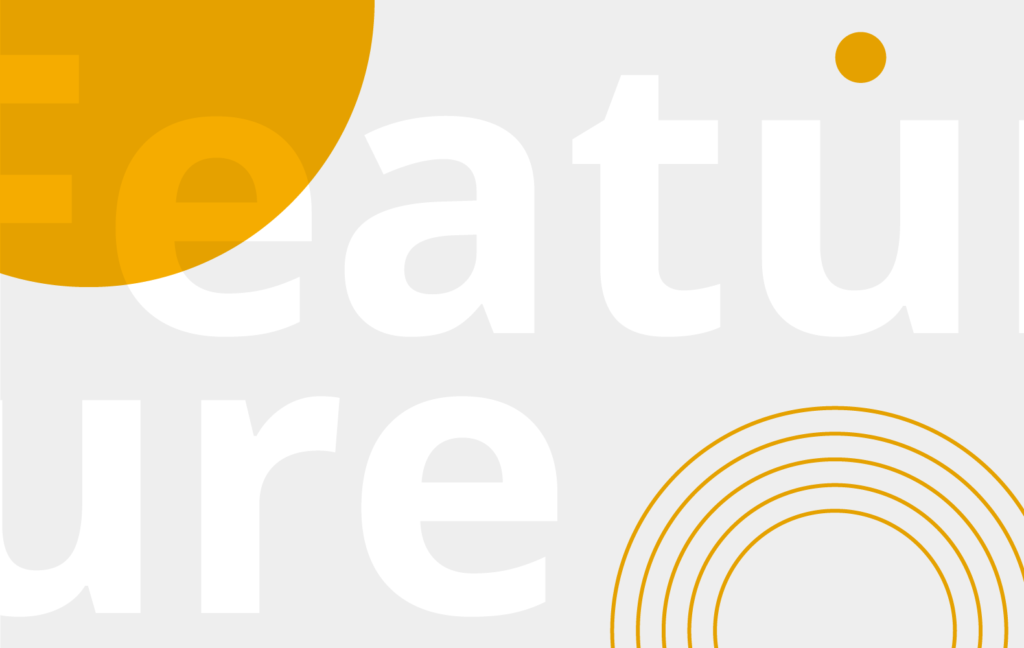12 September 2018 – Peer review is a crucial component of scholarly publishing to optimize the quality of the published research. With the aim of recognizing and celebrating peer review and the scientists acting as reviewers, a group of organizations introduced Peer Review Week in 2015.
This year’s Peer Review Week focuses on the topic of ‘Diversity and Inclusion’. Bernd Pulverer, Head of Scientific Publishing at EMBO, takes the opportunity to outline some of the initiatives to increase diversity in peer review at EMBO Press.
Diversity in peer review is not something that is always easy to achieve. At the EMBO Press journals, for example, the proportion of authors from Asia is much larger than that of referees from the same continent. Early-career researchers also remain underrepresented, while established referees are increasingly overburdened.
One of the ways in which the editors are addressing this is by taking into consideration gender and geographical diversity as well as career stage when inviting scientists to join the editorial boards of our journals and when selecting referees. In order to identity a wider range of suitable reviewers, we ask for referee recommendations from established colleagues and require that co-referees are identified.
Another step we take to ensure that we use as many different reviewers as possible is to aim for a combination of scientists who have previously refereed for our journals and first-time reviewers. We also encourage senior scientists to include postdoctoral fellows as co-referee, and to mentor them in refereeing. The EMBO Press transparent process means that referee reports, author responses and editors’ decisions are all published alongside papers. This enables new referees to train themselves to review optimally by analyzing the editorial process on published papers in their area of research.
Named co-refereeing not only helps to identify and train early-career researchers as reviewers. It also ensures those scientists who did the work can receive credit for this crucial contribution to the scientific process. Taking this further, we hope to work directly with funders to ensure that refereeing can be taken into account as a scientific output in research evaluation.
Finally, our commitment to involving early-career researchers in our publishing activities extends beyond co-refereeing of papers. Life Science Alliance, which EMBO Press publishes in partnership with Rockefeller University Press and Cold Spring Harbor Laboratory Press, specifically focuses on engaging both established and emerging leaders in their fields as editors, on the editorial board and during peer review.



